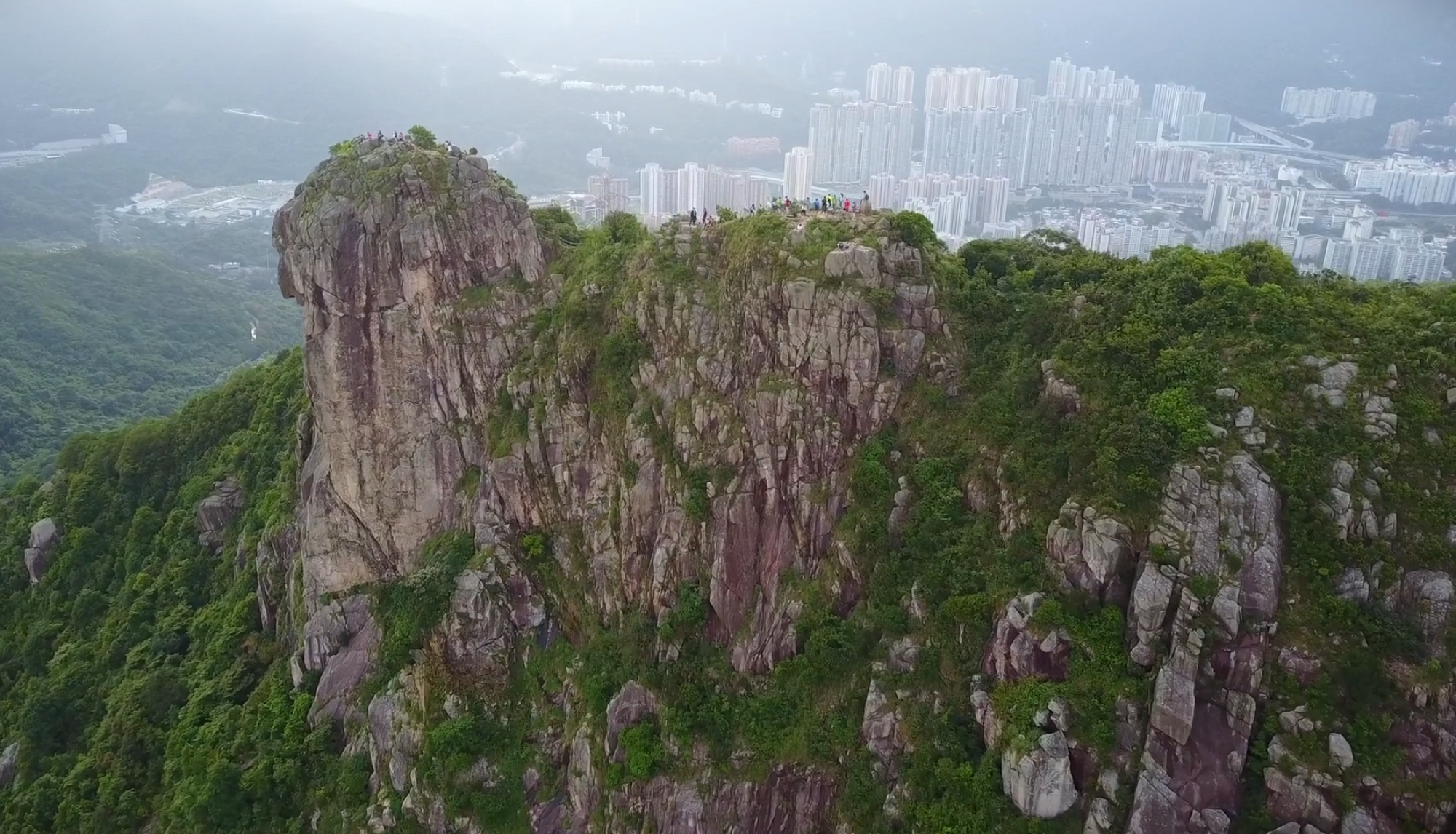beg of you to try your best to pass down the language to your kids.
Creator:
Tim Miyashita (he/him)
Regardless of how people perceive the current and future status of Cantonese in Hong Kong, it has always been an important goal for Hong Kong diasporic parents to ensure that their children will be able to maintain some level of proficiency in terms of Cantonese. Despite this ideal, many diasporic children end up growing up losing the ability to communicate in Cantonese, potentially leading to an inability to connect with older members in the family who do not speak English, and also an inability to participate in relevant cultural experiences. Sometimes this is a response to experiences of racism, sometimes this is because of pragmatic concerns of not wanting to go to Cantonese school, and sometimes parents simply lack the time to teach their children Cantonese properly themselves. Timothy’s impassioned plea for Cantonese-speaking parents to pass on their language to their children based on his personal experience is worth considering. What are some effective methods for Cantonese-speaking parents to pass down their language?
